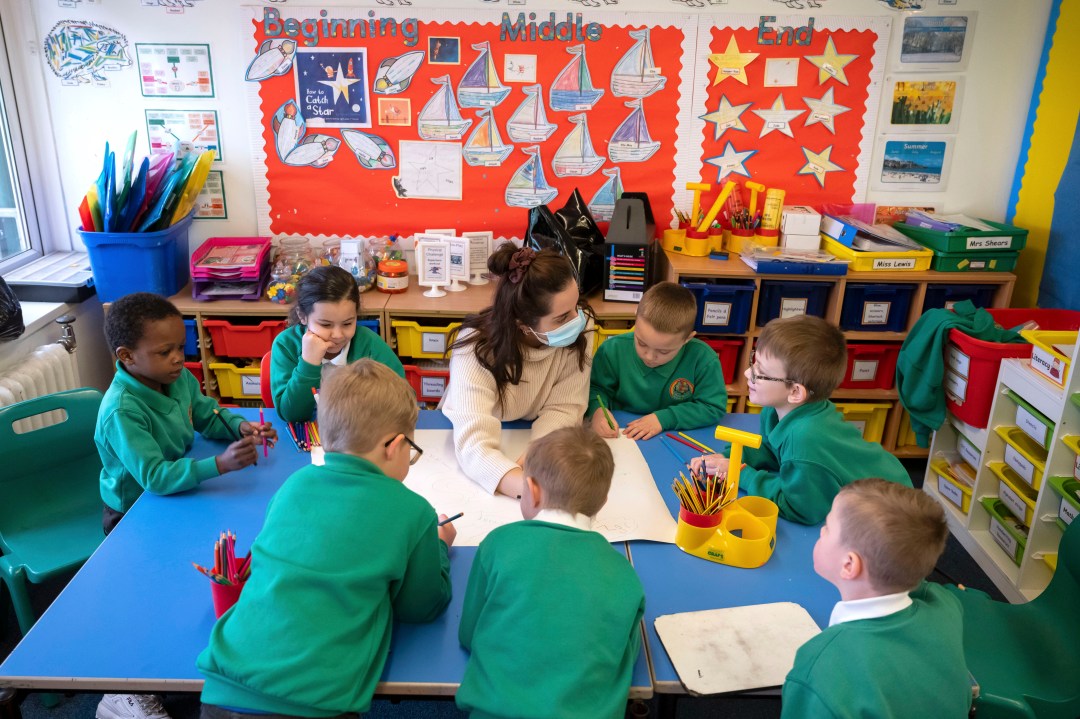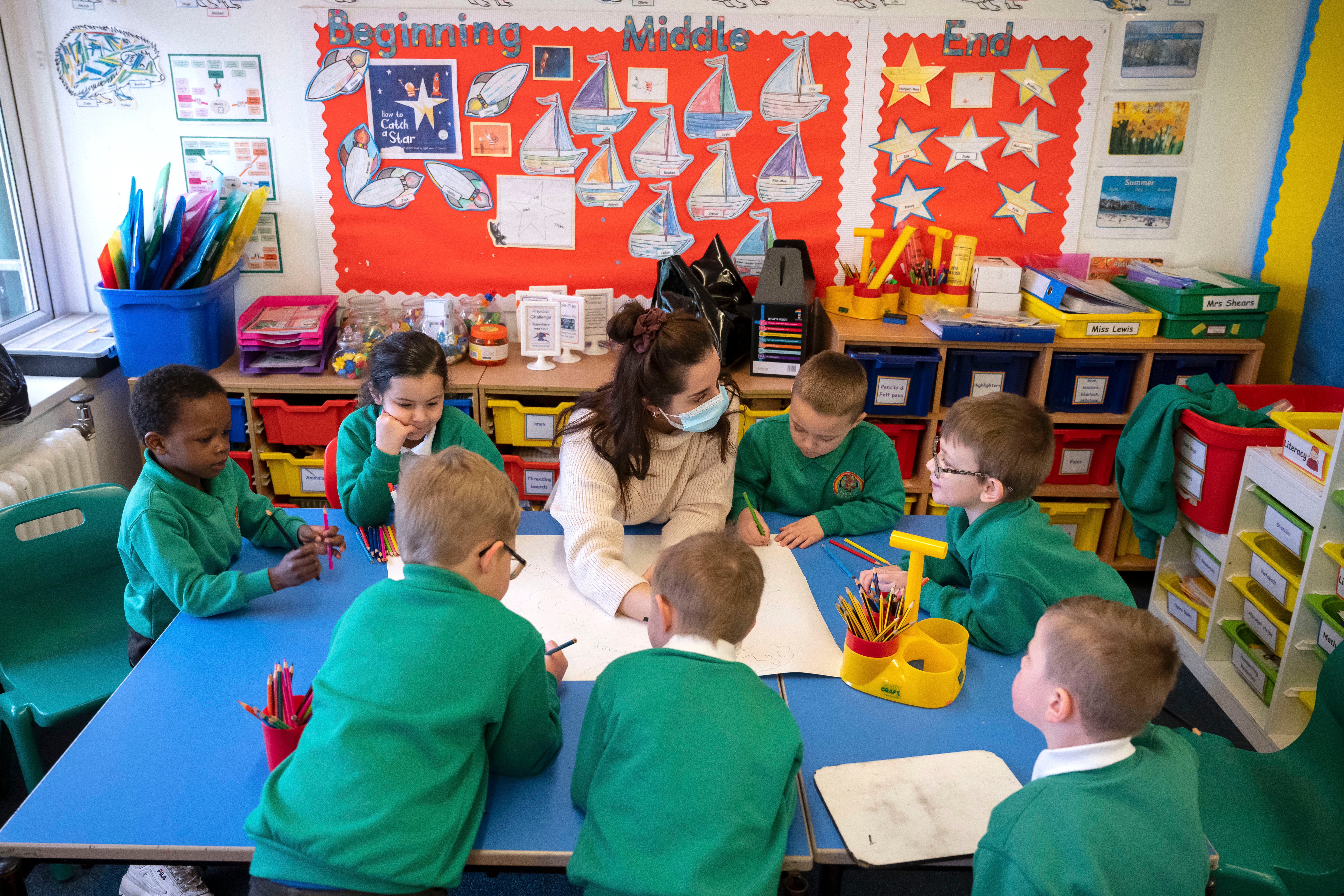Pupils lost around a third of their face-to-face teaching during the Covid lockdowns. Downing Street has promised an extra £3 billion of catch-up funding, on top of around £100 billion spent on education in a normal year. Fixing a lack of teaching should involve doing a bit more of it — but when asked if he would extend the school day, Rishi Sunak said longer hours wouldn’t provide ‘value for money’. It’s one of few areas where, in tomorrow’s Budget, the spending taps will be turned off.
But why, as the Children’s Commissioner recently noted, are British state schools routinely closing their gates at 2.30 p.m.? The length of the school day is now shorter than it was 50 years ago. More teaching tends to mean better exam results — hence why many private schools offer longer hours and even Saturday school — not to mention making the school run easier for working parents. It doesn’t just have to be lessons either: an extended day would involve sport, clubs, arts and drama — all areas that are disproportionately taken up by children from more affluent backgrounds.
The length of the school day is now shorter than it was 50 years ago
Before boosting the extra-curricular provision, however, government urgently needs to focus on proper teaching of the core subjects — reading, writing and arithmetic, to use the unfashionable Victorian creed. According to the OECD, the UK lags far behind Asian countries like China, South Korea and Japan when it comes to these essential skills, as well as behind many of our European neighbours including Estonia, Switzerland and Bulgaria. Somewhere between 15 and 20 per cent of pupils leave school ‘functionally illiterate’.
The government should change the structure not just of the school day but the school year. The summer learning loss is well-documented: over the long holidays, children forget more than a quarter of what they’ve learned. Downing Street could declutter the crowded national curriculum and perhaps reduce the number of exams at 16. Free schools, independents and academies have all been able to tweak their teaching, experimenting with the length of the school day and diversifying the curriculum. And it seems to be having an effect: their academic performance exceeds that of local authority-run schools. Free schools and academies have also dropped the requirement for ‘qualified teacher’ status, making it easier for people with a wide range of backgrounds — and not just PGCE graduates — to become teachers. Government can try to legislate for good teaching, but it won’t always succeed. A decent head teacher will always know their students’ needs better than some civil servant buried deep in a Whitehall department.
Lastly, children in the UK start schooling too young. This might sound like a contradiction of the overall principle of learning — more teaching means better results — but education doesn’t just happen in the classroom. Most countries start school at six or seven, while British pupils tend to begin reception at the tender age of four. It’s absurd that children here are battling through a fixed curriculum while their continental counterparts are in the kindergarten sandpit or playing out in the wild. Children should be given the chance to discover the joys of pursuits like reading outside the rigid precepts of the school day. The age of entry was set in 1870 when government feared the malign influence of feckless parents. With the state monitoring and assessing children from a needlessly early age, you have to wonder whether the sentiment endures today.
The point is this: as schools recover from months of disrupted learning, the temptation will be to focus on short-term fixes and temporary add-ons. It should be resisted — and the opportunity for radical reform seized.







Comments